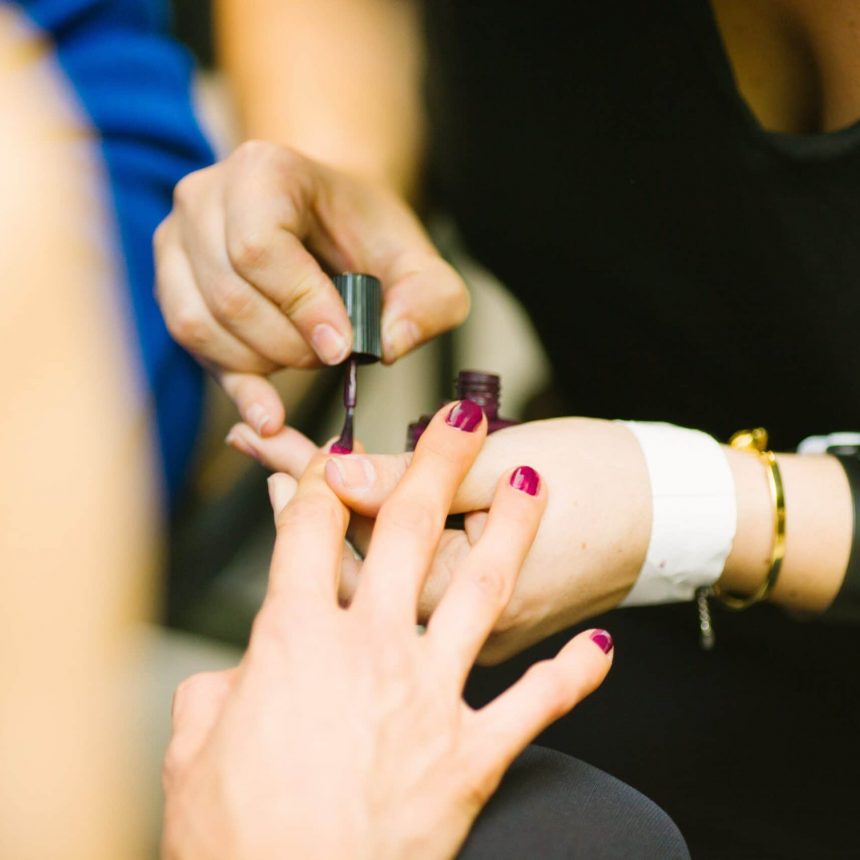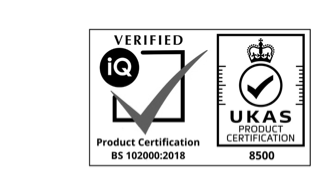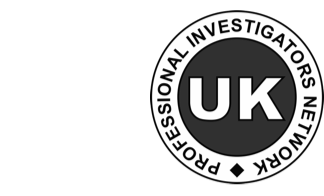Whilst flexible hours and remote working are common practices amongst many companies, almost all employment contracts will specify that employees should seek permission or at least inform their employer if they wish to take up additional employment. Our client believed that one of their employee’s was running a small beauty business outside of working hours and that had never been a problem however when she fell pregnant, she took a leave of absence claiming that she was suffering with severe morning sickness. A rumour in the office circulated that she was spending more time on the beauty business and was hoping not to return until after her maternity leave.
They asked the employee if she could attend a meeting and discuss options such as alternative job roles or reduced hours that may allow her return to work, she was in the early stages of pregnancy and her role was not physical so there were plenty of potential options available. On numerous occasions the employee failed to attend the meetings requested, using childcare (for her other child) as the reason for being unavailable, it was at this point the company decided they would like to know whether there was more to the situation than met the eye. They contacted us and asked if we could make some brief and non-intrusive enquiries that would provide any information about her state of wellbeing.
We discussed the possible options and agreed that making an enquiry through the employee’s public Facebook page would show whether she would prioritise a work meeting or providing a beauty treatment, should the times conflict. A suitable member of our team arranged a beauty appointment at a time that conflicted with the pre-arranged work meeting and the employee agreed to the booking without hesitation. At this point the employer had enough information to justify conducting a small period of surveillance and asked if we could provide evidence that they could use to confront the employee with.
As one of our team had already arranged an appointment for some treatment, we sent her to attend the appointment and ascertain whether it was the employee performing the treatment while also gathering footage of her findings.
Using a discreet covert recording device, the investigator was able to spend 30 minutes in casual conversation receiving a manicure and speaking to the employee, who now claimed she was a full-time beautician. Throughout the duration of the appointment the two women conversed, and not only did she mention her pregnancy, she also spoke openly about how handy it was living with her sister as she had taken the kids out for the day while she was doing treatments.
As the operative was able to wear a covert body-worn camera, we successfully obtained high quality footage of the entire appointment and our report contained not only images of the employee performing the treatment, it also had a full transcript of the conversation in which the employee had contradicted herself. The employee was once again called to work for a meeting but failed to attend, at this time they explained that the matter was now potentially going to be disciplinary and unsurprisingly she attended the following day. The report, supported by our footage and accompanied by witness statements were presented to the employee who took the opportunity to resign rather than provide an explanation for her deceit.
The company’s initial objective was to find out whether they were supporting their employee through a genuine illness or providing additional income to somebody who was being deceitful and more than capable of working. They were able to find conclusive evidence that allowed them to take decisive action in a situation that was very sensitive and could have potentially been a nightmare to tackle without all of the facts. As the employee was due to be taking maternity leave in around 5 months, the company were worried that investigating could have been construed as a money saving exercise. We were cautious to ensure that the plan was not only proportionate and justifiable but the evidence we provided was sufficient to show their actions were non-intrusive and non-discriminatory.

 Surveillance
Surveillance Matrimonial Investigations
Matrimonial Investigations Bug Sweeping
Bug Sweeping GPS Vehicle Tracking
GPS Vehicle Tracking Lie Detector Test
Lie Detector Test Person Tracing
Person Tracing Employee Investigations
Employee Investigations Asset Tracing
Asset Tracing Fraud Investigations
Fraud Investigations Injury & Insurance Investigations
Injury & Insurance Investigations







